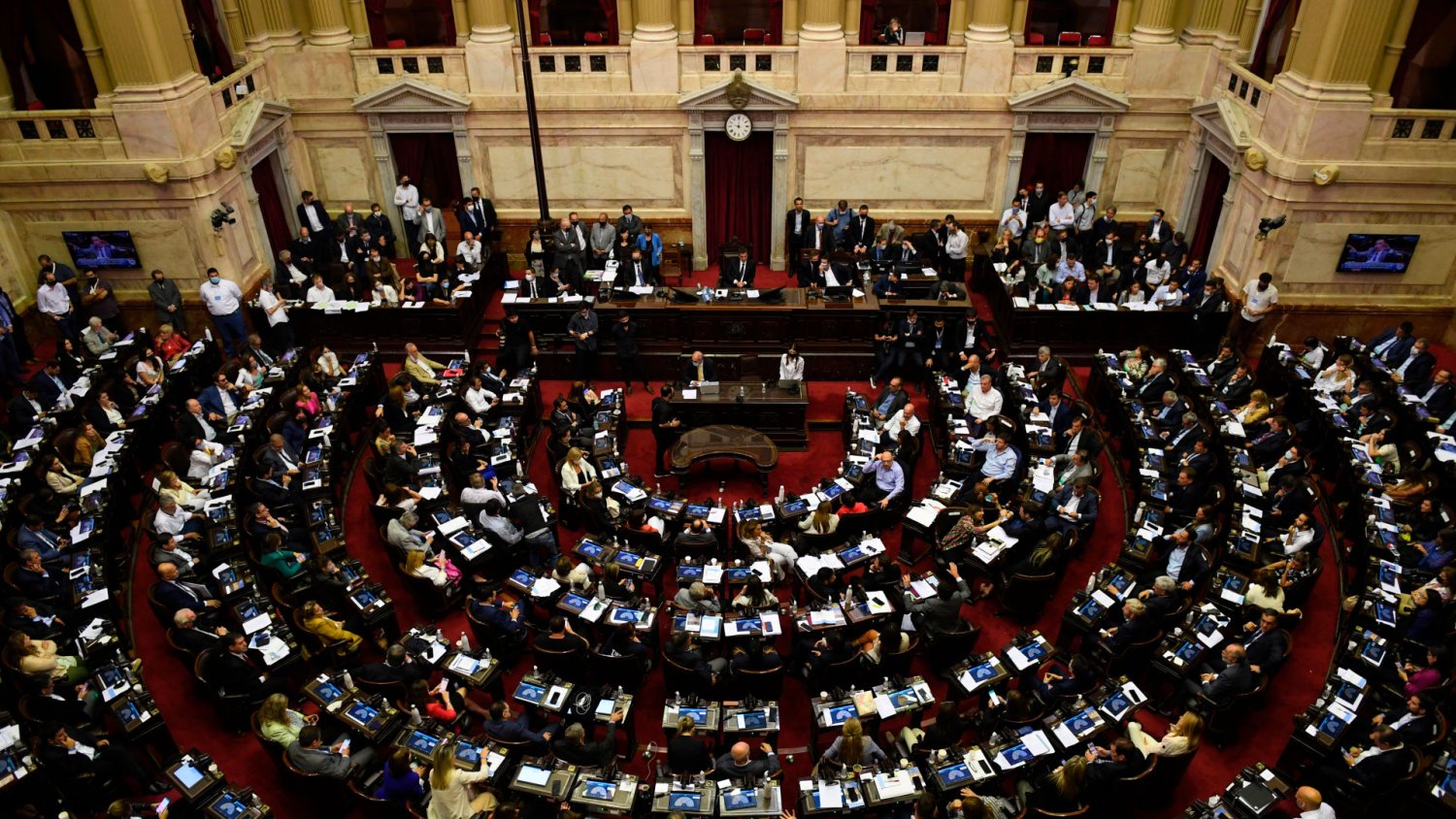
Although there will be runoff for president between Sergio Massa and Javier Mileithis Sunday it was already confirmed What will the new composition of Congress be like?.
Deputies
In the Chamber of Deputies, Unión por la Patria will have 105 seats, Together for Change 94 and La Libertad Avanza 38. The one who retreats the most is the alliance that led Patricia Bullrich as president, with 23 fewer deputies. In the case of the current ruling party, they lose 13 seats, and Javier Milei’s space adds 35 new legislators with the entry of characters like Ricardo Bussi from Tucumán from the party founded by a genocide from the last dictatorship.
He Left Unity Front won a new seat in the province of Buenos Airesand for the first time there will be 5 deputies from the left. Christian Castillosociologist and teacher, joins the bench of Myriam Bregman (CABA), Nicolás del Caño (Buenos Aires), Alejandro Vilca (Jujuy), all from the PTS, which is completed by Romina del Plá from the PO.
The space it leads also increased its bench Juan Schiaretti with a total of 5 deputiesgoing from 3 to 4 legislators from Córdoba and adding 1 from Santa Fe.
They follow him other provincial blocks that total 10 deputies: 4 missionaries (who in the presidential elections were with Massa’s ticket), 2 from Santa Cruz who respond to the elected governor Claudio Vidal, 1 from Rio Negro, 1 from Buenos Aires (Randazzo), 1 “socialist” from Santa Fe (Fein), and 1 Neuquén that today corresponds to the elected governor “Rolo” Figueroa.
To get the quorum 129 deputies are needed, which no force will be able to achieve alone, and there will be more difficulties in forging alliances. The main novelty is the growth of Javier Milei’s bench, which goes from 3 deputies to 38.
The operation of the Lower House It will depend a lot on how the dynamics of the different political spaces develop.. With today’s photo, Together for Change and La Libertad Avanza could reach the number of 132 together and call sessions, but No one can ensure that the coalition created by Mauricio Macri will continue as we knew it until now. The position adopted towards the runoff by the PRO, UCR, Evolución Radical and the Civic Coalition will be a first test. Peronism will not have an easy scenario either, since with his usual allies it will not be enough. Although the main laws promoted by the Frente de Todos had the support of a good part of Together for Change (agreement with the IMF, budget, tax benefits for large companies), since December 10 the operation of Deputies will depend on the reconfiguration that exists in the opposition coalition.
Senate
In the Senate, the new composition leaves the Peronism adding just 1 senator to its block, going from 31 to 32. Whoever regresses the most, as in Deputies, is Together for Change that loses 9 senators and is left with a block of 24 members. Javier Milei enters the Upper House for the first time with a bench of 8 senators (2 San Luis, 2 Jujuy, 2 San Juan, 1 Formosa and 1 La Rioja).
Another of the losers is the block “Federal Unit” who had settled for a detachment from the Frente de Todos and Senator Alejandra Vigo who responds to Schiaretti. It went from 5 members to 3.
The new Governor of Santa Cruz, Claudio Vidal, incorporates 2 senators of its space, and Missionsthe provincial force “Frente Renovador de la Concordia” (allied to Massa in the presidential election) will have 2 benches. The province of Rio Negro, which did not have to renew in this election, maintains 1 senator for Juntos Somos Rio Negro. Today that place is occupied by Weretilneck, who will take office as the new governor at the end of the year.
For him quorum in the Upper House, 37 legislators are needed. Although Unión por la Patria will not reach that number on its own, it has more chances of achieving alliances than in the Deputies. You will need at least 5 allies who could come from the 2 missionaries, 1 from Rio Negro and the 3 from Unidad Federal.
The political upheaval that began with the result of this year’s PASO will have its impact on Congress with a fragmentation unlike anything seen many years ago. A new stage is opening in the country’s political system, and the reconfigurations that may occur within the parties towards the runoff will be just a new chapter. The so-called “rift” between two large coalitions is already something of the past. When those at the top are more divided, the relationship of forces that is achieved from below in the streets can become more decisive in tipping the balance and emerging as a new actor. Even more so when the program of the three main forces are variants of adjustment to the workers.
Source: www.laizquierdadiario.com

